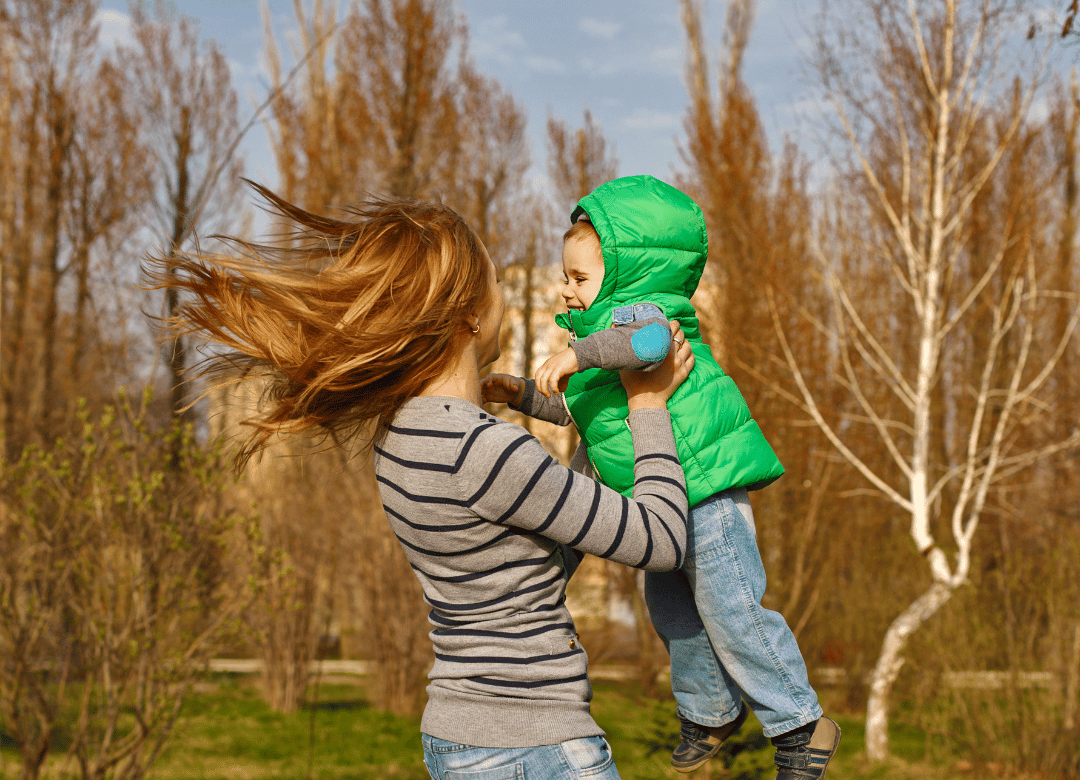Your Brain on Gratitude: How Feeling Grateful Impacts Your Mind & Body
Why are gratitude practices so impactful, according to research? What if you feel like your child is ungrateful? And how can parents nurture their kids’ gratitude?
COOPER TEAM • NOV 3RD, 2023

When you pause to notice what you're grateful for, your brain and body respond.
Gratitude practices, like keeping a gratitude journal or simply reflecting on the things we are thankful for, have been shown in research to trigger a pleasurable response in the brain. This response is linked to the release of two key neurotransmitters: dopamine and serotonin. These feel-good chemicals play an essential role in regulating our mood, promoting healthy sleep, self regulation, and a sense of calm. Feeling grateful also decreases blood pressure and stabilizes heart rate, according to research. It can even buffer against the body's perception of pain.
Gratitude helps us be kind.
People who regularly practice gratitude tend to develop greater kindness and concern for others. This enhanced empathy leads to more prosocial behavior. It's a reminder that gratitude has the power to bring people together, fostering deeper connections and understanding among individuals.
Why are gratitude practices so impactful?
Feeling grateful has a profound impact on psychological well-being, for both adults and children. Research has found that it works like a cycle - when you feel grateful, you're more compassionate with yourself, with others, and you engage in more acts of kindness.
All of this, in turn, makes you feel even more grateful. The positive impact of this cycle grows over time. It helps you feel more grounded, connected to others, and happier in general.
“My child is so ungrateful.”
We hear you. Try to remember that it’s developmentally appropriate for your child, especially in the toddler years, to be all about them. This egocentrism can show up as them acting “selfish”, “spoiled”, “mean”, and “ungrateful”. However, it’s important that we avoid negatively labeling our children. We are working to help them to see outside of themselves, but it won’t happen overnight.
So how can parents nurture their kids’ gratitude?
It's important that whatever you do to promote gratitude fits YOU. If it feels like a chore, you won't stick with it and you won’t reap the long term benefits.
Acknowledge Acts of Kindness: Pay attention to your child's actions that evoke gratitude and express appreciation for them. For example, when your child cleans up their toys, express your gratitude by saying, "I'm so thankful you cleaned up those blocks. It makes the room safer for me to walk around."
Emphasize Gratitude: Transform the routine "thank you" into a more profound expression of gratitude by saying, "I am grateful for…" Encourage your child to participate by dictating thank-you notes and helping them express their feelings about their gifts.
Engage in Acts of Service: Involve your child in acts of service in your community. Discuss the charitable work you do, check in on neighbors in need, or collect items at home for donation. Share with your child how these acts of kindness make you feel and the importance of helping others.
Family Gratitude Practice: As your child grows, consider introducing a family gratitude practice. A popular exercise is the "rose/thorn/bud," where family members share one thing they're grateful for, one challenge they've faced, and one thing they're looking forward to. This practice can become a deeply meaningful addition to family holidays and gatherings.